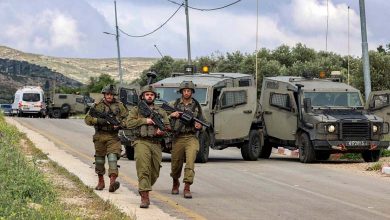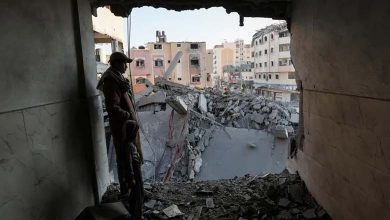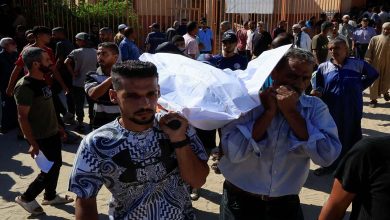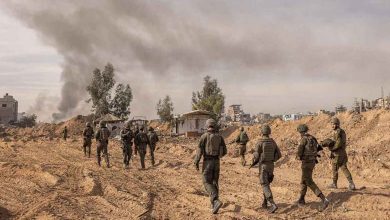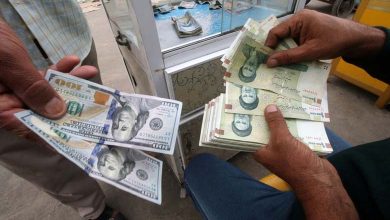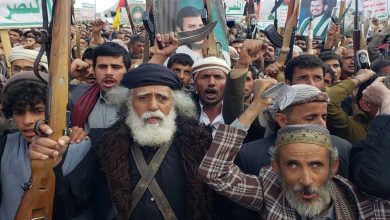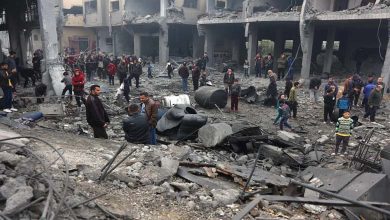Leadership du Hamas seeks to disavow and hold Sinwar accountable to facilitate a ceasefire agreement
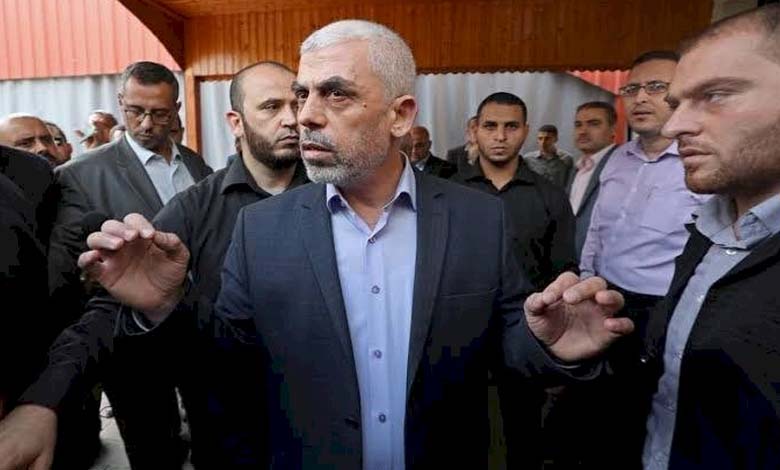
As efforts for a permanent ceasefire between Israel and Hamas continue, indications of internal fissures within the ranks of Hamas, which has controlled the Gaza Strip since 2007, have emerged. According to an informed source, several prominent leaders within Hamas are seeking to disavow responsibility for the attack launched by the movement on Israel on October 7, 2023, which resulted in the death of over 1,200 Israelis, the abduction of approximately 240 hostages, and escalated the security situation in the region into a state of full-blown war.
Holding Sinwar and Dhiab accountable
The source revealed that these leaders aim to hold Yahya Sinwar, the head of Hamas in Gaza, and Mohammed Dhiab, the commander of the Al-Qassam Brigades, the military wing of the movement, accountable for their decision to launch the attack without consulting the political council of the movement. They are to be held responsible for the significant human and material losses suffered by the Palestinian people in Gaza due to the intense Israeli airstrikes that targeted over 1,500 sites in the sector, resulting in the deaths of more than 26,000 Palestinians, mostly women and children, and the destruction or damage of thousands of homes, facilities, and infrastructure.
The sources further add that these leaders are seeking to reach an agreement with Israel to exchange detainees in return for releasing Israeli hostages and Palestinian prisoners who were arrested during the war and remain from the Shalit deal, which took place in 2011.
These leaders believe that such an agreement would provide a way out of the current crisis, improve Hamas‘s image in the Palestinian, Arab, and international public opinion, and give it an opportunity to rearrange its ranks and strengthen its position in the Palestinian political scene.
However, these leaders face strong resistance from Sinwar and Dhiab, who refuse to compromise on their demands, insisting that the attack was successful and justified. They argue that it imposed new conditions on Israel, including lifting the siege on Gaza, ceasing interference in East Jerusalem, particularly in Sheikh Jarrah, and the Al-Aqsa Mosque.
Sinwar and Dhiab consider these conditions to be historic gains for Palestinian resistance and are unwilling to relinquish them in exchange for any exchange agreement.
Division and rupture
Sources indicate that this internal dispute within Hamas may lead to division or rupture within the movement and escalate tensions with other Palestinian factions, which accuse Hamas of monopolizing decision-making and acting unilaterally without adhering to national consensus.
The sources warn that this situation may threaten the stability of the ceasefire with Israel and open the door to new, potentially more deadly and dangerous confrontations than before.


